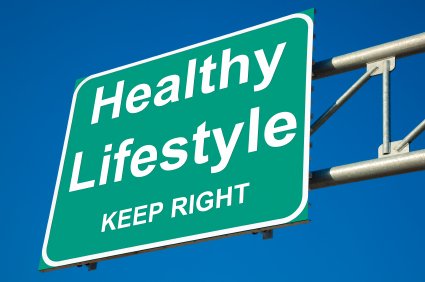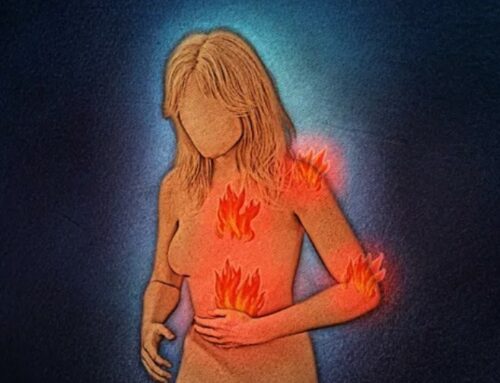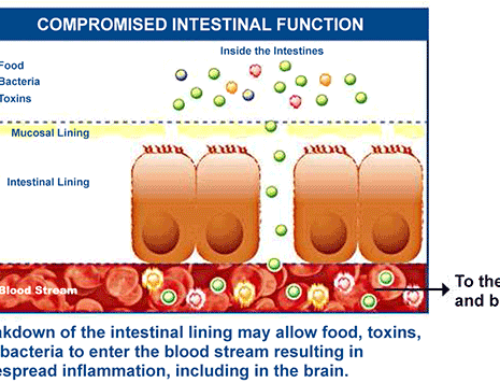Written By Dr. Tina Marcantel
it’s important to remember that chronic problems such as adrenal fatigue or hypothyroidism are often the result of years of stress on your endocrine system. When the organs begin to function properly again and you are feeling better, it doesn’t necessarily mean you are completely healed—you have to give your body time to make a full recovery. Dr. Tina Marcantel is a naturopathic physician in Gold Canyon, Arizona, who also serves the East Valley cities of Mesa, Tempe, Chandler, Scottsdale, Apache Junction, Gilbert, Queen Creek, and the greater Phoenix area.
 After working with “Kathy” for several months to bring her hormonal imbalances under control, she reported that she was “feeling more like herself again.” She told me that her anxiety had decreased by eighty percent and she was no longer suffering from panic attacks. She was sleeping much better and had more energy than she’d had in a long time. Things were going great, and she seemed well on the way to recovery from chronic health problems that had troubled her for years.
After working with “Kathy” for several months to bring her hormonal imbalances under control, she reported that she was “feeling more like herself again.” She told me that her anxiety had decreased by eighty percent and she was no longer suffering from panic attacks. She was sleeping much better and had more energy than she’d had in a long time. Things were going great, and she seemed well on the way to recovery from chronic health problems that had troubled her for years.
I didn’t hear from Kathy for some time, and then one day recently she scheduled an office visit. When we met, she asked if I would increase her medication and supplements that she was taking because the old symptoms were returning. As we discussed the things that were going on in her life that could have brought about this setback, I learned that “because she was feeling so good,” she had slipped right back into the habits that had caused many of her problems in the first place. She increased her workload at the office and started intense exercise workouts. After six months of that kind of stress, her body had reached its limits.
Kathy’s story is not unusual. Every day I work with women and men who are recovering from such chronic health challenges as adrenal fatigue, hypothyroidism, chronic fatigue syndrome, anxiety, and panic attacks. Part of the treatment protocol is to identify hormonal problems that stem from overworked adrenal glands or an underactive thyroid, or imbalances of estrogen, progesterone, and testosterone in the body. Those imbalances can usually be corrected—at least temporarily—with such things as bioidentical hormones or intravenous nutritional therapy. However, the root cause of those imbalances often can be traced back to unhealthy lifestyle choices.
Physical and emotional stress plays a huge role in chronic sickness. When I work with patients using medications or natural therapies, I also counsel them that they must make conscious choices to reduce the stress in their lives. I make it clear that I am not an advocate of increasing dosages if the person can maintain their health through a proper balance of work, diet, rest, and moderate exercise.
I always tell people that I can guide them on their path to wellness through proper treatment and counseling, but it is their responsibility to maintain a lifestyle of balance. Your body is intelligent because it’s connected to a higher source. It communicates a need for health and balance through its signs and symptoms. The body will heal itself as you allow it to.
As individuals begin to understand these concepts and put them into practice, they see their health begin to improve. The key to continual improvement is to continue to do the things that make you feel better! What often happens, though, is that as their energy returns people go right back into the stressful patterns that made them sick in the first place. The end result is that they wind up back in my office with a return of the symptoms that first brought them to me.
Of course, I understand the temptation to overdo once you start to feel better. Still, it’s important to remember that chronic problems such as adrenal fatigue or hypothyroidism are often the result of years of stress on your endocrine system. When the organs begin to function properly again and you are feeling better, it doesn’t necessarily mean you are completely healed—you have to give your body time to make a full recovery. The people that I see maintain their health are the ones who learn to practice moderation in their everyday lives.
So how do you hold on to your healing? Here are a few things to watch out for once you begin to feel better:
- Overwork at the office or at home. Use your newfound energy to slowly increase your work time, but don’t work yourself to the point of exhaustion!
- Over-exercising. A regular, moderate exercise program of a half-hour or so per day is much more beneficial to you than spending hours at a time at the gym.
- Over-helping. Learn to set boundaries with the people around you who are draining your energy. This can include volunteer work at your favorite organizations.
- Over-thinking. Worrying about things you cannot change or getting caught up in family drama is a huge drain on your energy. Learn to live the Serenity Prayer: “God grant me the serenity to accept the things I cannot change, courage to change the things I can, and wisdom to know the difference.”
After you begin the road to recovery from chronic illness, learning to adopt new habits and a balanced lifestyle will help you hold on to the healing that you’ve achieved!





